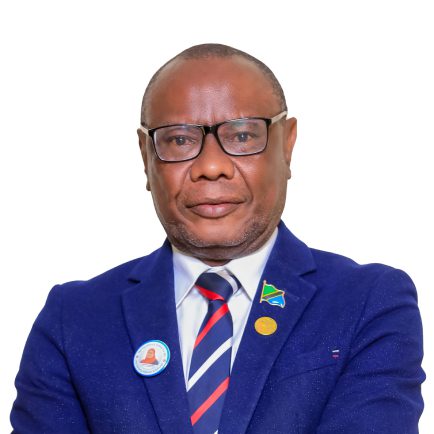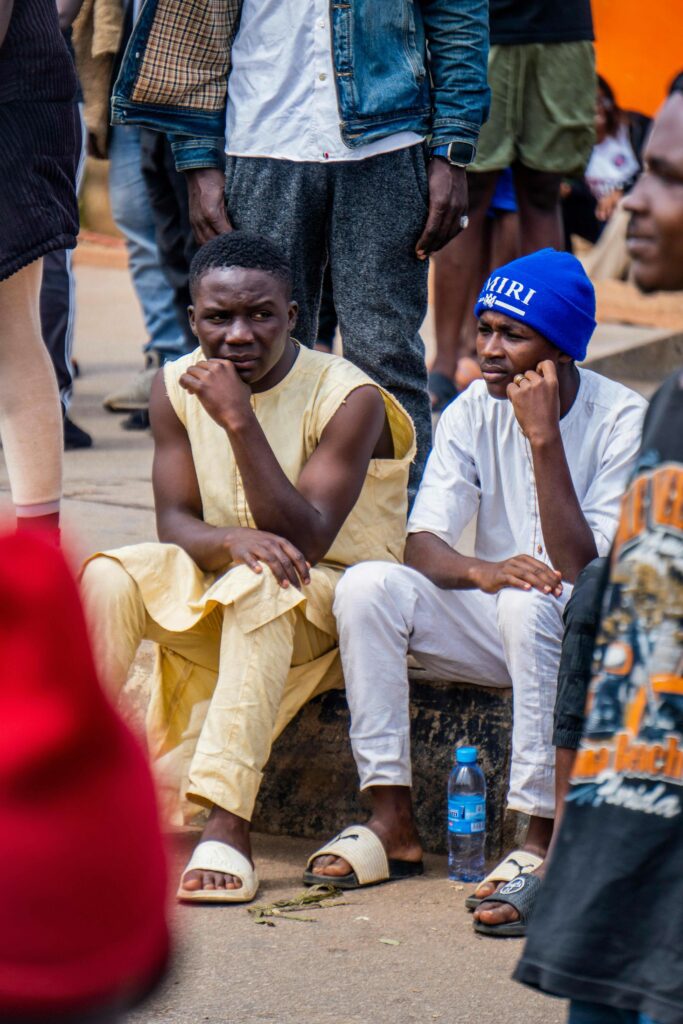
Saturday, 15th May 2025

By a Parliamentary Fellow
“Youth are the leaders of tomorrow,” we’re told – but in Africa, tomorrow needs to be today. With over 60% of Africa’s population under 25, it’s disheartening how underrepresented young people are in formal politics. The average age of an African president is about 62, whereas the average age of the population is in the teens. Some countries have tried to involve youth – a few years ago Uganda created slots for youth MPs, and Nigeria passed a “Not Too Young to Run” law in 2018 lowering age requirements for office.
These steps are commendable, but have they led to real influence or just tokenism? A smattering of youthful legislators or ministers is progress, yet structural barriers persist: politics is expensive and often violent, deterring many young aspirants who lack patronage. Moreover, parties rarely elevate youths to decision-making positions internally; they’re relegated to youth wings without real clout. However, change is brewing outside traditional halls of power. Youth-led movements and civil society (think of activists like Uganda’s Bobi Wine, who went from pop star to opposition leader, rallying young voters, or movements like Senegal’s Y’en a Marre) are shaping political discourse. In local governance, we also see promising stories – for instance, a 30-something mayor in Tunisia or district councilors in South Africa making differences in communities.
The key is translating youth numerical strength into voting power and political bargaining. Many young Africans feel disillusioned, leading to low voter turnout in some places – which only perpetuates the status quo of older politicians catering to older voters. We must reverse that by mobilizing youth around policy issues: jobs, education, digital rights, climate action. When youth vote as a bloc with specific demands, politicians will listen. Perhaps the question isn’t age per se, but ideas – are Africa’s leaders implementing youth-friendly policies? Often not, and that correlates with their detachment from youth reality. So yes, youth inclusion can’t be token. It should be transformative: more young candidates, yes, but also older allies championing youth causes. After all, it’s not an us-vs-them; it’s about securing Africa’s future. And the future has a voice that’s impatient, creative, and deserves a seat at the table now


